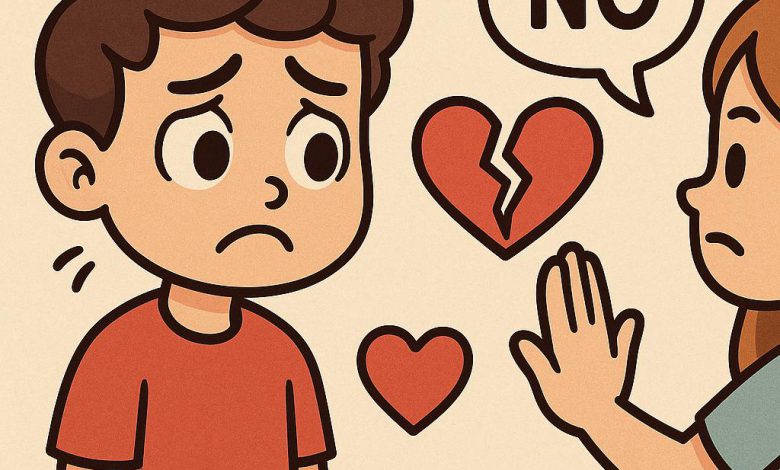Why Rejection Hurts and Mastering It Like a Pro

Introduction
Rejection is an experience almost everyone encounters at some point in their lives-whether in relationships, careers, or personal ambitions. While it often leaves us feeling vulnerable, ashamed, or even shattered, understanding why it hurts and learning how to master rejection can transform these moments into powerful opportunities for growth. This article explores the psychology behind why rejection stings so deeply and offers practical insights on how to handle it with grace and resilience.
The Sting of No: Understanding Why Rejection Hurts
Emotional Nature of Rejection
At its core, rejection feels like a personal attack, even when it isn’t meant to be. Human beings are wired to seek acceptance and connection, and rejection threatens those basic needs. When someone says “no,” it triggers an emotional response often similar to physical pain, activating areas of the brain associated with distress and discomfort. This biological reaction explains why rejection can feel so profoundly painful and hard to shake off.
The Role of Self-Worth in Perceived Rejection
Rejection often strikes at the heart of our self-esteem. When we are declined or dismissed, it can be interpreted as a reflection of our value or abilities. This perceived devaluation reduces self-worth, which exacerbates feelings of hurt. People with fragile self-esteem may experience rejection more intensely, spiraling into negative self-talk and self-doubt. Thus, how we view ourselves plays a critical role in processing rejection.
Social and Evolutionary Perspectives
Social creatures by nature, humans evolved in environments where group inclusion meant survival. Being rejected from a group historically meant increased risk and isolation, which could be fatal. This evolutionary backdrop explains why the brain still treats social rejection as a serious threat. Even in modern society, the fear of exclusion can evoke anxiety and distress, highlighting the deep-rooted psychological reasons behind the sting of rejection.
Turning the Tide: Mastering the Art of Rejection Like a Pro
Reframing Rejection as Feedback
One of the most effective ways to master rejection is to shift your mindset. Instead of viewing a rejection as a final verdict on your worth, see it as constructive feedback. Every “no” provides valuable information on areas to improve, adjust, or rethink. This perspective encourages growth, learning, and resilience, turning setbacks into stepping stones toward success.
Building Emotional Resilience
Developing emotional resilience allows you to withstand the pain of rejection more easily. Techniques such as mindfulness, journaling, and positive affirmations help regulate emotional responses and build a stronger internal foundation. Resilience transforms rejection from a defeat into a temporary challenge, empowering you to bounce back faster and remain confident.
Practical Habits to Embrace Rejection
- Normalize Rejection: Remind yourself that everyone faces rejection at some point; it’s a universal experience.
- Seek Support: Talk to friends, mentors, or professionals who can offer guidance and encouragement.
- Set Realistic Expectations: Understand that not every opportunity will pan out, and that’s okay.
- Celebrate Persistence: Embrace the journey rather than just the outcome, rewarding your efforts regardless of results.
| Rejection Response | Pro Approach | Result |
|---|---|---|
| Taking it Personally | Practice Objective Reflection | Less Emotional Pain |
| Dwelling on Failure | Focus on Lessons Learned | Improved Skills |
| Avoiding Risk | Embrace Challenges | Greater Opportunities |
Conclusion
Rejection is inevitable, but its impact doesn’t have to be devastating. By understanding why rejection hurts and adopting strategies to master it, you can transform painful experiences into catalysts for personal and professional growth. Viewing rejection as feedback, building emotional resilience, and cultivating practical habits not only help you cope with rejection but also enable you to approach life with greater confidence and grace. Master rejection like a pro, and watch how it propels you toward success instead of holding you back.



